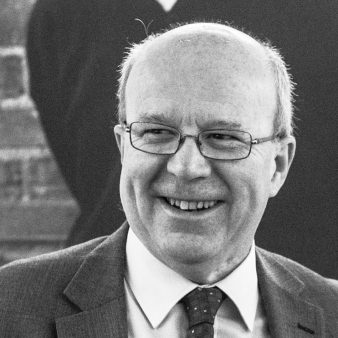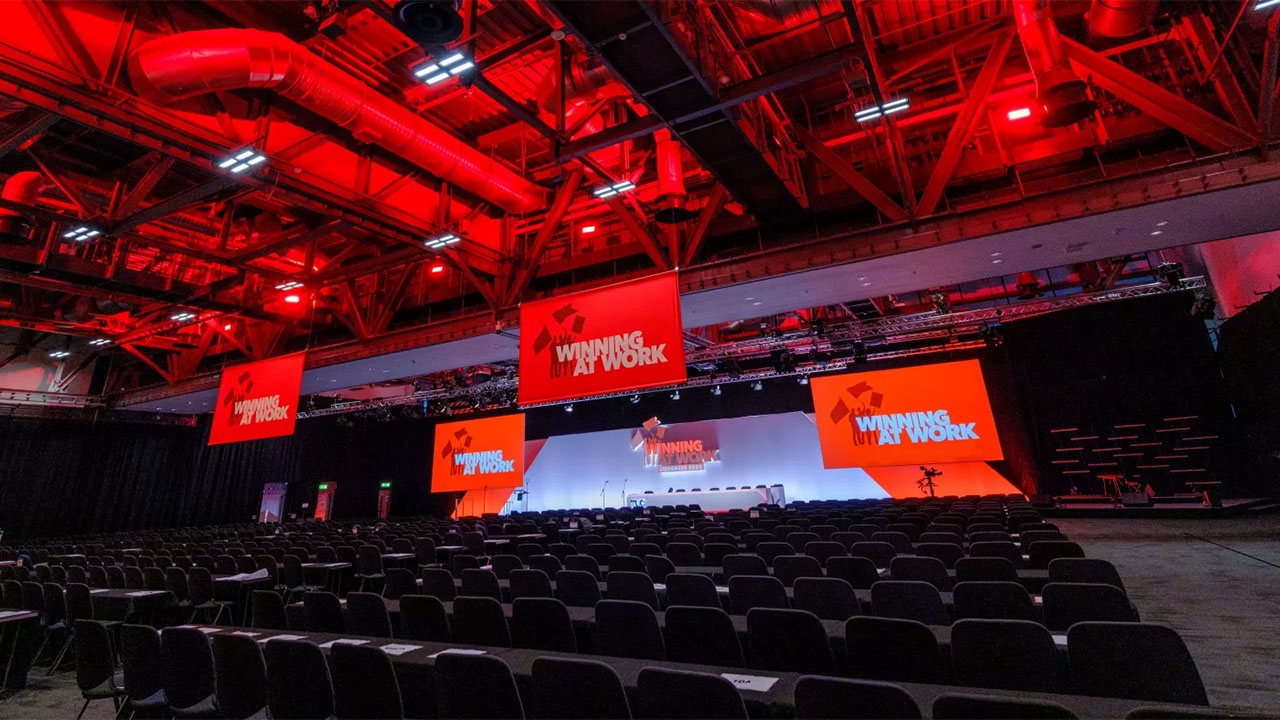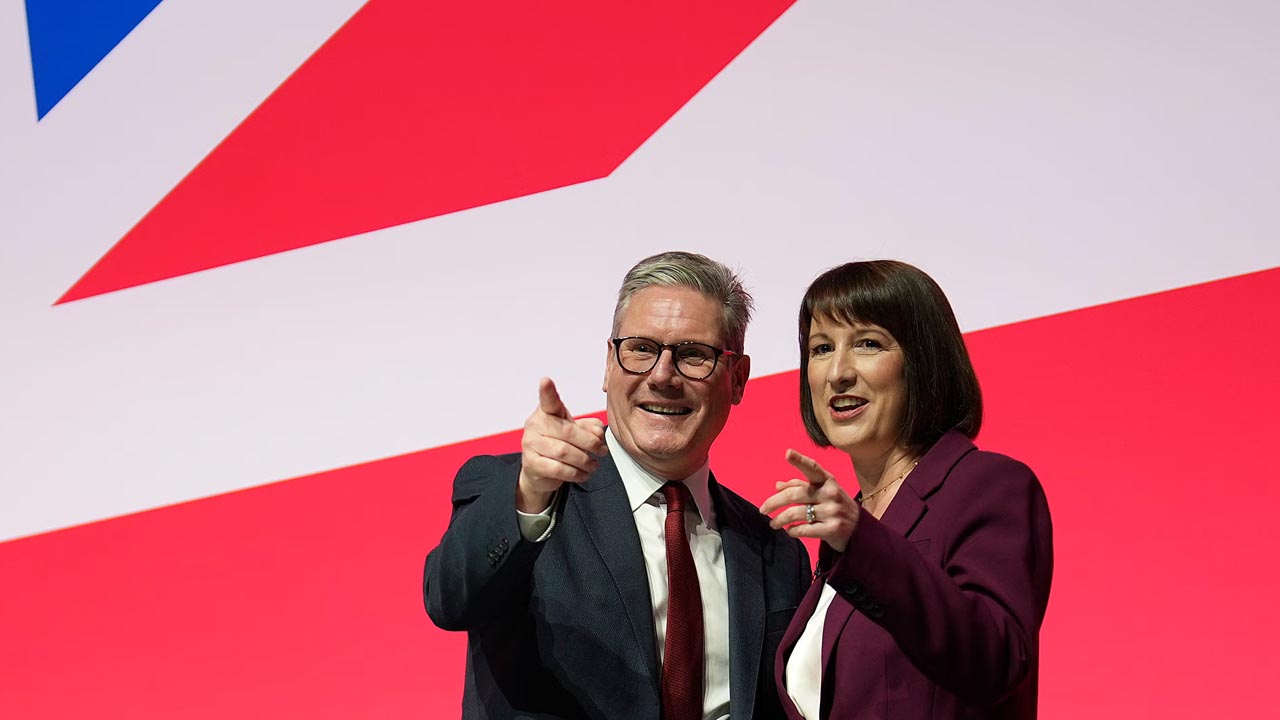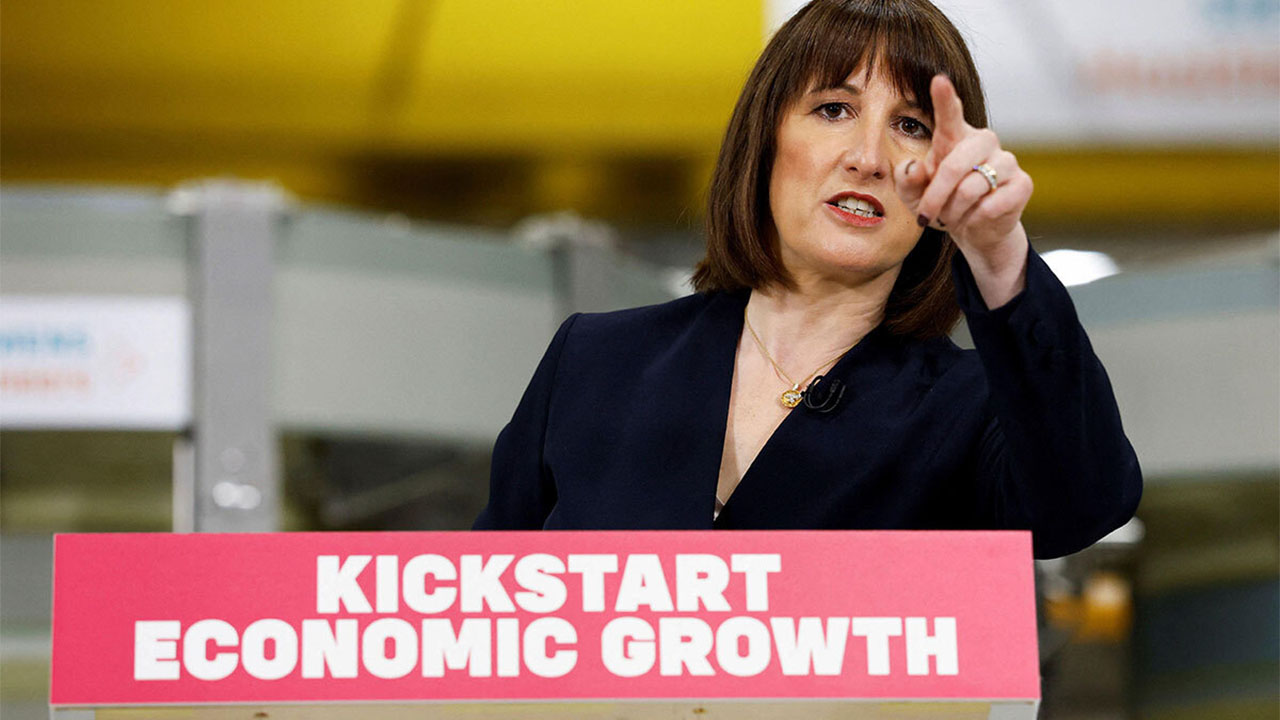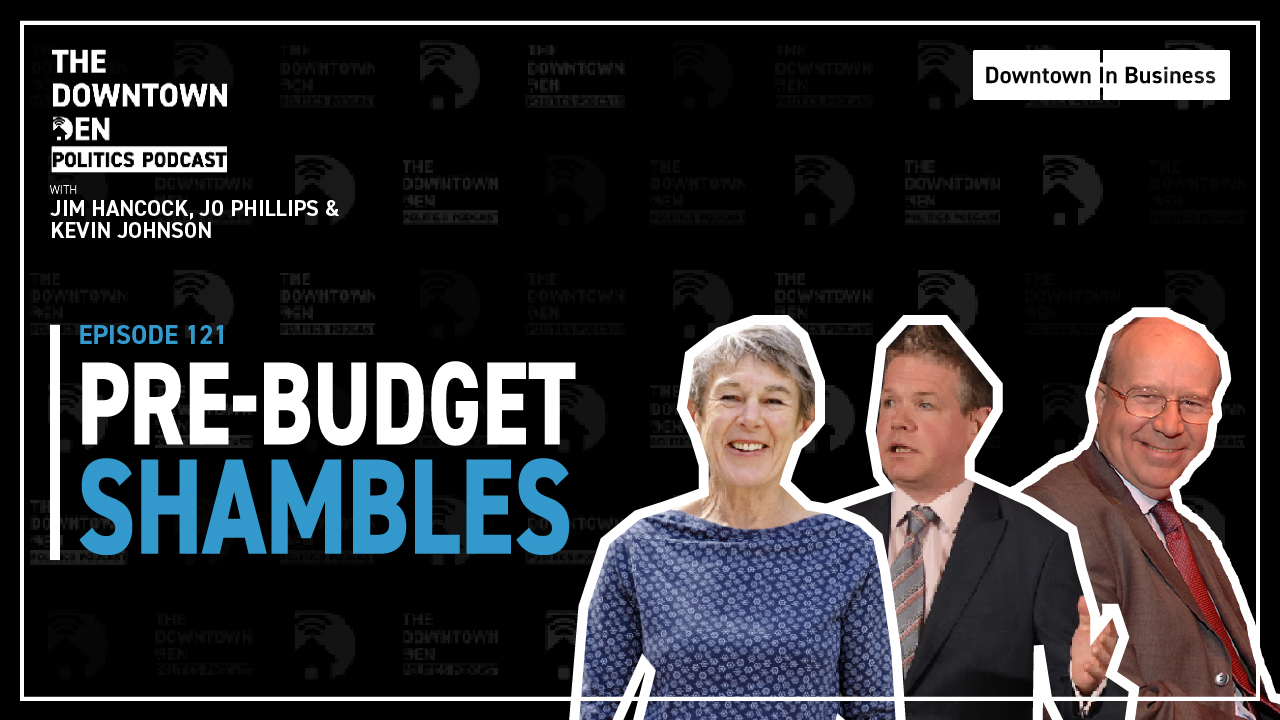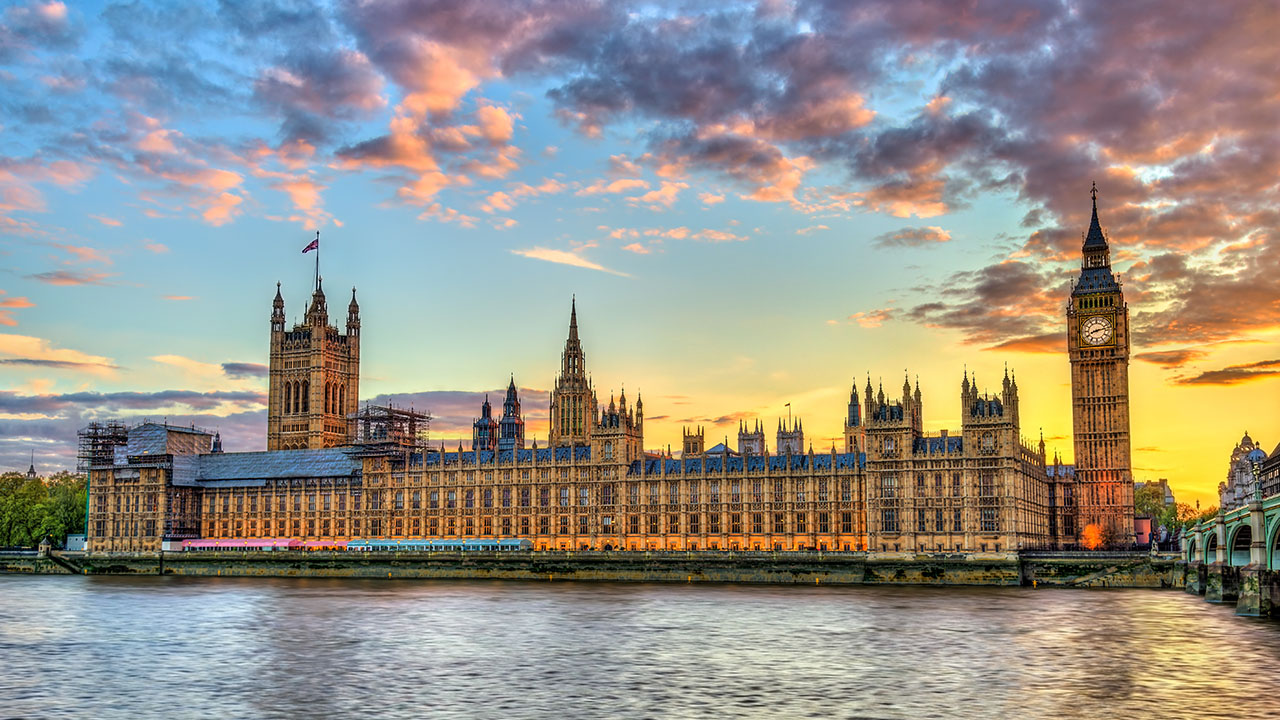The mood of trade union members meeting in Brighton this weekend could hardly be brighter. Labour have been elected with a record majority. They have immediately given generous, and unconditional, pay awards to public sector workers, train drivers and doctors. Demands to work from home, ask for 4 day weeks, have full rights recognition on day one of employment and an end to zero hours contracts are on the cards.
Jeremy Corbyn couldn’t have been more generous to the unions if he had tried.
We must give the government time to settle down but there seem to be major potential contradictions in sending out messages of economic doom and gloom whilst choosing to spend so much on public sector pay. More strategically serious is the potential burden on business from enhanced workers rights at a time when growth is the Chancellor’s only way out of the tax and spend straight jacket.
How are we going to get increased growth if vast sections of the workforce are operating from home? Will people really be more productive working a four day week. It seems to me that people want to accept low productivity and poor services as long as they can have a comfortable life. Maybe the cost of childcare and the need to look after a growing number of elderly relatives is driving the desire to work from home, but there will be a price to pay in economic recovery.
We will have to see if Rachel Reeves presents a more balanced and thought through strategy in her budget next month and the role of the unions is going to play an important part in this.
So next week in Brighton are we going to have a Congress grateful to get the Tories out and being prepared to make sacrifices to try and get growth moving? Or will they take the view that the government is susceptible to the weak argument of Shadow Chief Secretary, Darren Jones, that strikes cost money therefore it is better to settle!
That seems to set things up for a free for all in pay bargaining.
It is a different world from the Labour governments of Wilson and Callaghan where union barons, backed by mass memberships in heavy industry, could call the shots. Blair benefitted from that transformation to a high tech world of fragmented workforces and a growing economy.
In some fields trade union leaders are racing to keep up with even faster changes in the workforce. Any chance of getting AI robots on a picket line? But in some sectors like rail and health, the unions still have power and power to embarrass a Labour government who remain vulnerable to historic accusations that they are too close to their paymasters.
Let’s hope for a grown up Trades Union Congress.

